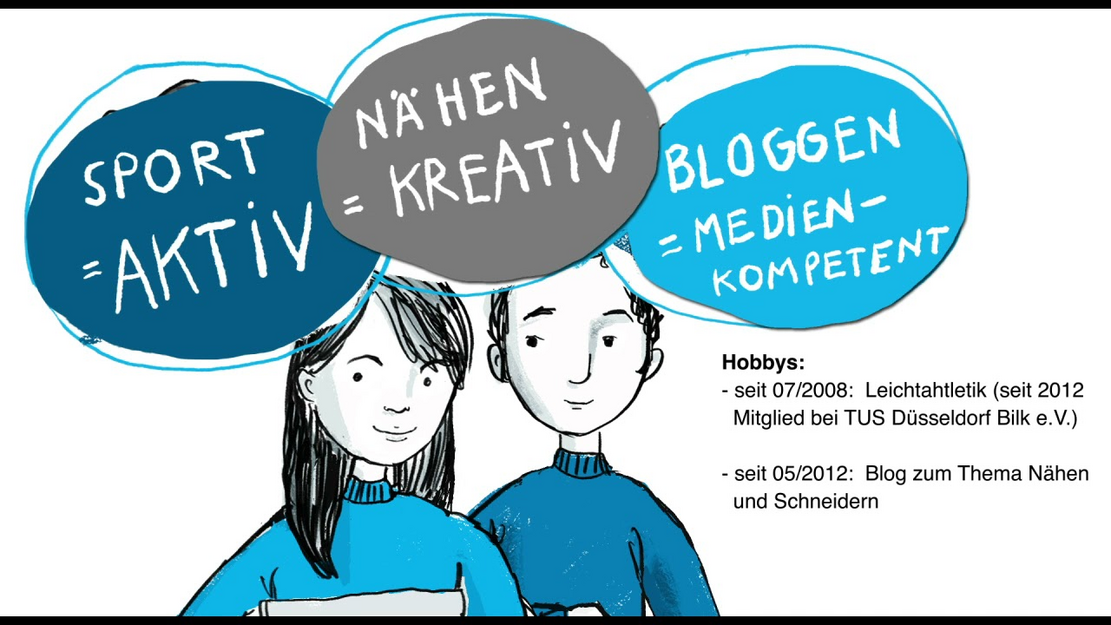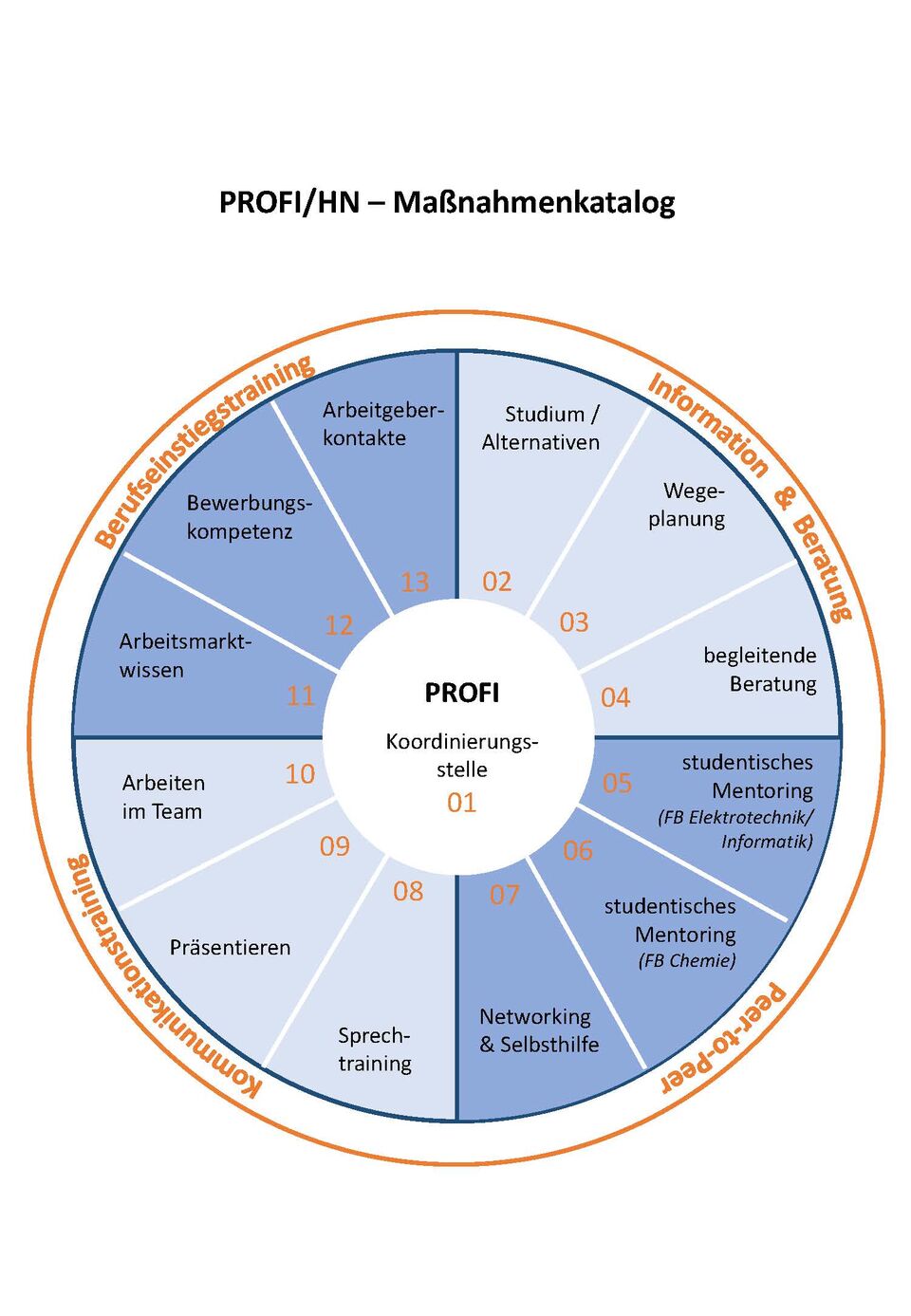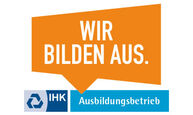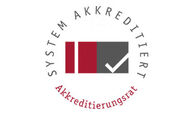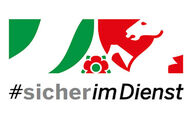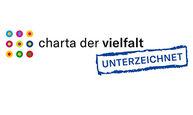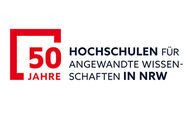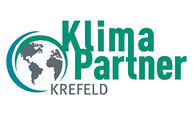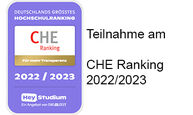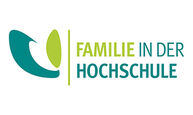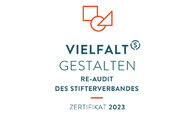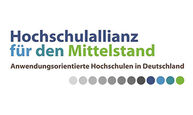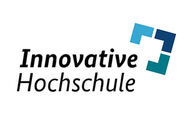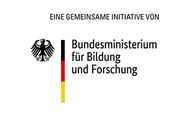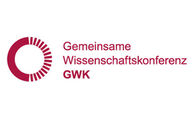The PROFI/HN advisory service is intended to supplement the existing advisory structures at the university. Advice is offered before starting your studies and during your studies.
Advice for prospective students:
Decision-making and orientation aids
Those seeking advice need support in developing prospects, feasible plans and deciding for or against studies. This includes their educational and professional biography as well as any special interests that may require a change of subject. Alternative educational paths and direct entry routes into the world of work can be discussed. It therefore makes sense not to regard Student Advice and Career Advice as separate areas of advice. Individual counseling usually also addresses the personal and financial framework conditions for studies.
There is also close cooperation with the DAAD-funded projects NRWege ins Studium and Welcome. For example, they can provide information about German courses that prepare students for the C1 examination, help with applications for a place at university and advise on the subject of financing studies.
Support with the internal university recognition procedure
If immigrant academics decide to pursue studies, they need support with the internal university recognition procedure, as this requires special knowledge. Cooperation with the Examinations Boards of the respective faculties should facilitate the recognition process.
Advice during the (shortened) studies:
Target group: Students FB01 Chemistry and FB03 Electrical Engineering/Computer Science.
The study-related adviceis intended to support a successful course of study. This is because the first period is associated with major challenges: the language, the organization of studies, the cultural differences in the teaching/learning culture, the lack of contact with other students. Practical assistance is provided and students are also encouraged to make use of the other support services offered by the university.
The advice is closely linked to the project modules "student mentoring" and "peer-to-peer self-help". The exchange of experiences helps to develop and implement coping strategies for linguistic, technical, organizational or social problems.


